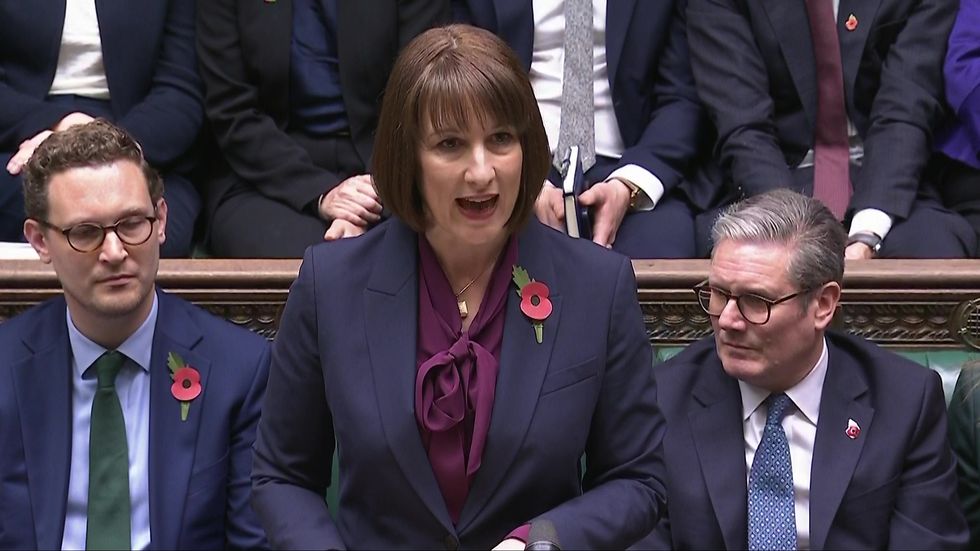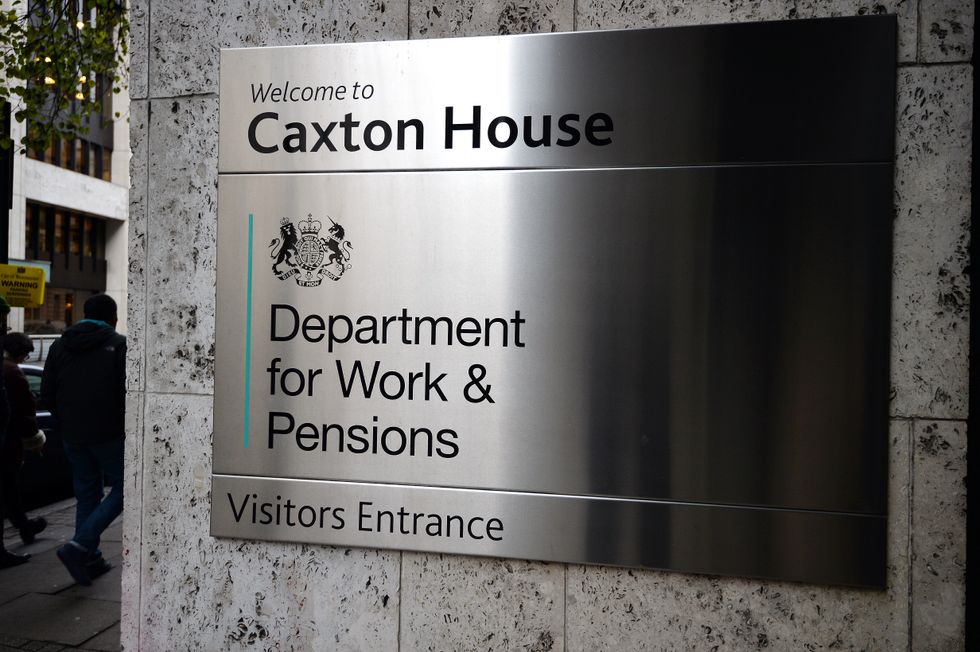National Insurance tax increases to be wiped out as benefits bill to soar
Rachel Reeves announces an increase in Employers’ national insurance contributions to 15%
An extra 420,000 households are expected claim health-related incapacity benefits by 2030
Don't Miss
Most Read
Trending on GB News
Rising costs of health and disability benefits payments will exceed the revenue generated by Rachel Reeves's National Insurance tax increase, according to recent analysis.
The Centre for Social Justice (CSJ) reports that spending on these benefits is set to rise by more than £19billion by the end of this parliament.
This figure surpasses the £16.1billion the Chancellor hopes to raise from increasing employer National Insurance contributions (NICs).
The CSJ warns that Britain's "welfare iceberg" is increasingly consuming vital tax revenues intended for improving public services.
 Rachel Reeves confirmed a hike in National Insurance paid by employers last weekPA
Rachel Reeves confirmed a hike in National Insurance paid by employers last weekPA The Office for Budget Responsibility (OBR) has also cautioned that the post-lockdown surge in health-related benefit claims could become a permanent strain on public finances.
Forecasts by the OBR suggest that annual spending on health and disability benefits will surpass £100billion for the first time by the end of the decade. This includes £75.7billion for working-age individuals, up from an estimated £56.4billion this financial year.
The watchdog expects an additional 420,000 households to claim health-related incapacity benefits by 2030. The share of universal credit claims for health reasons is projected to rise from just under a third today to half of all claims.
It also warns of a surge in child disability benefit payments. These are expected to increase from £4.4billion this year to £7.2billion in 2029, driven by rising diagnoses of autism, ADHD, and learning difficulties.

An extra 420,000 households are expected claim health-related incapacity benefits by 2030
PAThe number of people neither working nor seeking employment has increased by almost 700,000 since Covid, reaching 2.75 million. Many claiming health benefits are not required to look for work after being signed off for mental health conditions like anxiety and depression.
Reeves announced a £25billion raid on employers through increased National Insurance contributions, with the headline rate rising by 1.2 percentage points to 15 per cent from April.
However, the OBR estimates the actual amount raised will likely be £16.1bn annually by 2029. The reduction is due to weaker wage growth resulting from the tax increase.
The OBR also warned that the NICs raid will lead to £400million of extra spending on universal credit. Lower wage growth will force more people to claim welfare to supplement their incomes.
The Government is taking steps to address the growing issue of worklessness and plans to publish a white paper by the end of the year aimed at getting people back to work.
Work and Pensions Secretary Liz Kendall has indicated that proposals for disability benefit reforms will follow next year.
Andy Cook, the CSJ's chief executive, praised Kendall's approach, saying: "Liz Kendall is making the right noises on devolved employment support and an Into Work Guarantee."
However, Cook warned that "radical action is needed to address the epidemic of long-term sickness and economic inactivity."
Cook suggested following the successful example of the Dutch by handing responsibility back to local communities to address worklessness. He emphasised the need to "finally get Britain working again."







